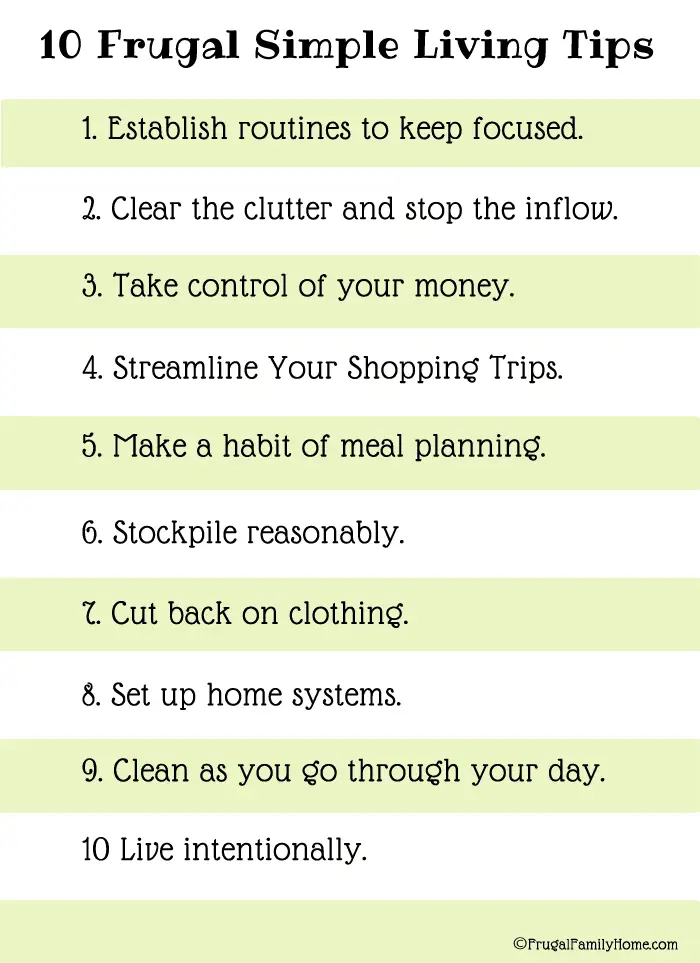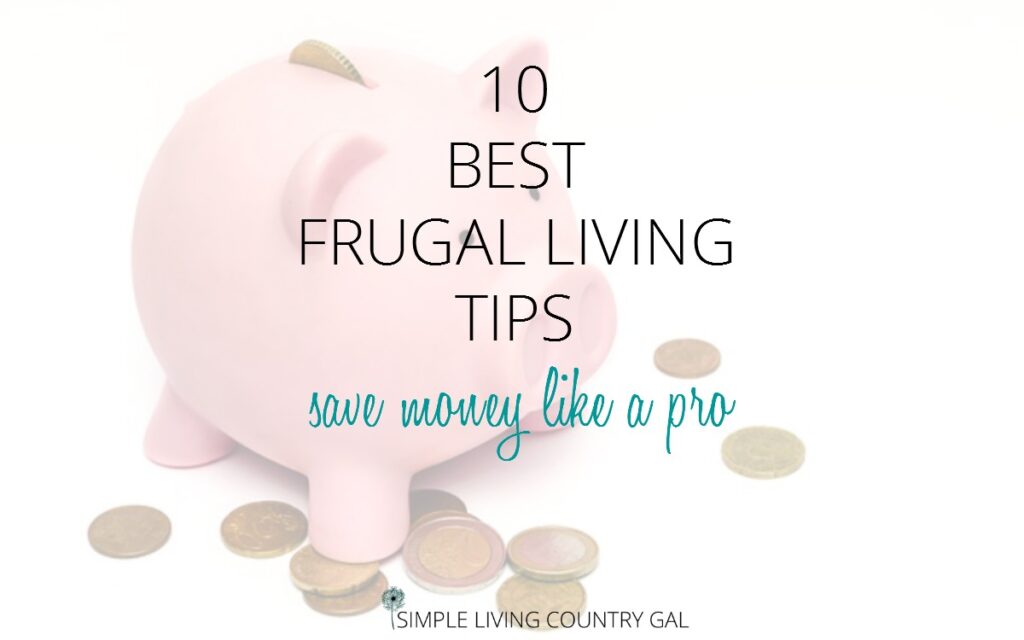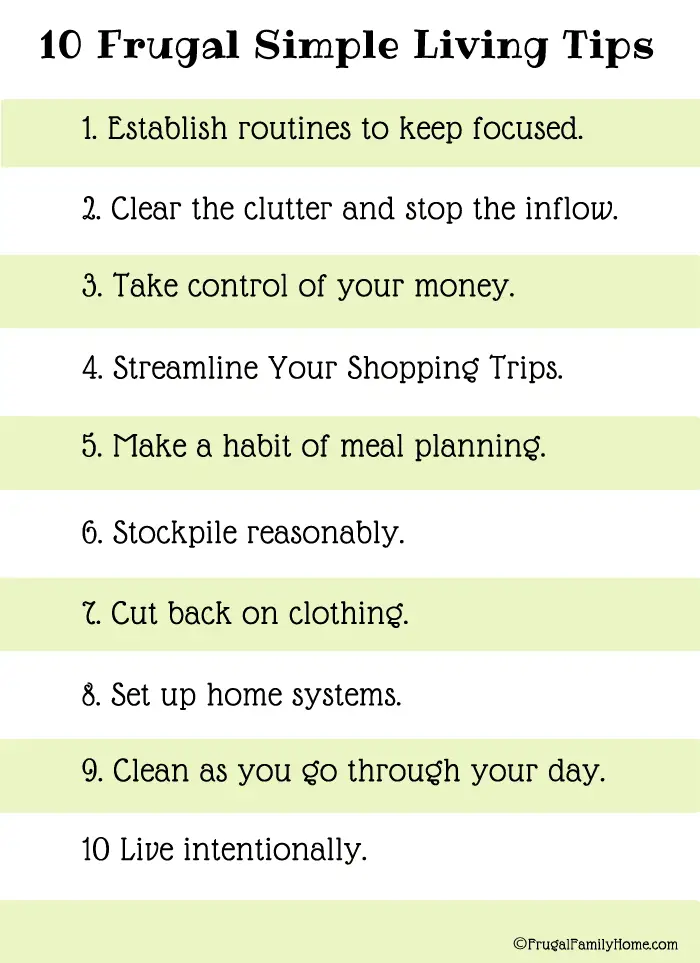In this article, I’ll be discussing 10 frugal tips for apartment living. We’ll explore ways to save money and live a more cost-effective lifestyle within the confines of an apartment. From budgeting and meal planning to energy-saving techniques and furniture hacks, you’ll learn practical strategies to stretch your dollars and make the most of your living space. Whether you’re a college student, a young professional, or simply looking to cut down on expenses, these tips will help you navigate apartment living on a budget.

What is Frugal Living?
Frugal living is a lifestyle characterized by making conscious and intentional choices to maximize one’s financial resources. It involves being mindful of expenses and finding ways to reduce costs without sacrificing quality or happiness. By adopting a frugal lifestyle, individuals aim to live within their means, save money, and build wealth over time.
Definition of Frugal Lifestyle
A frugal lifestyle is about prioritizing needs over wants and making informed decisions to reduce unnecessary expenses. It is not about being cheap or depriving oneself of enjoyment, but rather about being resourceful and finding creative ways to live well on a budget. A frugal individual focuses on value and seeks to minimize waste by making practical choices in everyday life.
Benefits of Frugal Living
There are numerous benefits to embracing a frugal lifestyle. Firstly, it allows individuals to save money for future goals such as buying a house, starting a business, or retiring comfortably. It also provides a sense of financial security as frugal individuals are less likely to live paycheck to paycheck.
Additionally, frugal living encourages a minimalist mindset, leading to a clutter-free and organized living space. By living with fewer possessions, individuals can reduce stress and cultivate a sense of contentment. Moreover, frugal living promotes environmental sustainability by reducing waste and consumption.
How Frugal Living Relates to Apartment Living
Living in an apartment presents its own set of challenges and opportunities when it comes to frugal living. While apartments often offer cost-saving advantages compared to owning a house, such as lower utility bills and maintenance expenses, it requires a specific approach to make the most of apartment living on a budget.

The Importance of Apartment Living
Apartment living can be an attractive option for those seeking affordability, convenience, and a sense of community. With rising housing costs and increasing urbanization, apartments offer a more accessible housing solution for many individuals. Whether it is a studio apartment or a multi-bedroom unit, there are several advantages to living in an apartment.
Advantages of Living in an Apartment
- Cost-Effectiveness: Apartments generally have lower monthly rents compared to mortgage payments for a house, making them more affordable for many individuals.
- Maintenance and Repairs: In an apartment, the responsibility for maintenance and repairs typically falls on the landlord or property management company, saving tenants time and money.
- Amenities and Convenience: Many apartment complexes offer amenities such as fitness centers, swimming pools, and laundry facilities. Apartments also tend to be located in convenient areas with access to public transportation, shopping centers, and entertainment options.
- Flexibility: Renting an apartment provides more flexibility and mobility compared to owning a house, making it suitable for individuals who frequently move or prefer not to be tied down to a specific location.
Why Apartment Living Requires a Frugal Approach
While apartment living can be cost-effective, it still requires a frugal approach to fully maximize the financial benefits. Apartment dwellers can face additional expenses such as security deposits, renter’s insurance, and potential rental rate increases. By adopting a frugal mindset, individuals can strategically manage their finances and make smart choices to stretch their budget further.
Budgeting for Apartment Living
Creating and sticking to a budget is crucial for frugal apartment living. It allows individuals to track their income and expenses, identify areas where they can cut back, and allocate funds towards savings or other financial goals. Here are some steps to effectively budget for apartment living:
Assessing Your Income and Expenses
Begin by determining your monthly income after taxes. This should include all sources of income, such as wages, freelancing, or investment returns. Next, track your monthly expenses, including rent, utilities, groceries, transportation, and other recurring bills. It is essential to have an accurate understanding of your financial inflows and outflows to create a realistic budget.
Creating a Realistic Budget Plan
Once you have a clear picture of your income and expenses, it’s time to create a budget plan. Start by allocating a portion of your income towards fixed expenses, such as rent and utilities. Then, set aside savings for emergencies, future goals, and retirement. After that, assign specific amounts for discretionary spending, such as entertainment, dining out, or hobbies. Lastly, monitor your spending throughout the month to ensure you stay within your budgeted amounts.
Benefits of Budgeting for Apartment Living
Budgeting provides financial discipline and empowers individuals to make informed spending decisions. By budgeting for apartment living, you can avoid unnecessary debt, build an emergency fund, and save for long-term goals. It also allows you to prioritize your spending and identify areas where you can potentially save money, such as reducing utility costs or finding affordable entertainment options.

Savings Strategies for Apartment Living
Living frugally in an apartment goes beyond budgeting; it involves implementing specific strategies to save money and stretch your budget further. The following savings strategies can help you make the most of your apartment living experience:
Funding an Emergency Fund
Building an emergency fund is essential for financial security. Aim to save at least three to six months’ worth of living expenses in case of unexpected events like job loss, medical emergencies, or car repairs. By having a financial safety net, you can avoid going into debt and stay on track with your financial goals.
Utilizing Cost-Saving Techniques
Look for ways to reduce expenses in your day-to-day life. For example, consider meal planning and cooking at home instead of dining out, using public transportation or carpooling instead of driving alone, and shopping strategically by comparing prices and using coupons or discounts. Simple changes like these can add up to significant savings over time.
Maximizing Energy Efficiency
Lowering utility costs is a significant aspect of frugal apartment living. Implement energy-saving habits such as turning off lights when not in use, unplugging electronics, using energy-efficient light bulbs, and adjusting the thermostat to save on heating and cooling expenses. Additionally, consider using power strips to easily switch off multiple devices at once and invest in energy-efficient appliances when possible.
Smart Shopping Tips for Apartment Living
Being savvy with your shopping habits is an essential component of frugal apartment living. By adopting these smart shopping tips, you can make your dollar stretch further and find the best deals:
Meal Planning and Bulk Shopping
Plan your meals in advance to avoid impulsive and expensive take-out orders. Create a weekly or monthly meal plan, make a grocery list, and buy ingredients in bulk whenever possible. Bulk purchasing can save you money in the long run while reducing packaging waste. Additionally, consider cooking larger quantities and freezing leftovers for future meals.
Discount Shopping Techniques
Take advantage of discounts, sales, and loyalty programs to save on everyday purchases. Research and compare prices before making a purchase and consider waiting for holiday sales or seasonal promotions. Additionally, consider buying generic or store-brand products, which are often cheaper than branded alternatives without compromising quality.
Buying Second-hand Furniture and Appliances
Furnishing an apartment can quickly become expensive. Instead of buying brand new furniture and appliances, explore second-hand options. Websites, local classifieds, and thrift stores are great places to find gently used items at a fraction of the cost. With some creativity and a little bit of cleaning, you can transform pre-owned pieces into stylish additions to your apartment.

Reducing Utility Costs in Your Apartment
Utility expenses can eat into your monthly budget, but with some conscious efforts, you can significantly reduce them. Implement the following practices to lower your utility bills:
Energy-Saving Habits
Simple habits like turning off lights when leaving a room, unplugging electronics when not in use, and using natural light instead of artificial lighting during the day can make a noticeable difference in your electricity consumption. Additionally, consider using power strips with an on/off switch to easily control multiple devices at once.
Water Conservation Methods
Reduce water usage by taking shorter showers, fixing leaky faucets promptly, and only running the dishwasher or washing machine with full loads. Consider installing low-flow showerheads and faucet aerators to further reduce water consumption. Additionally, collect rainwater for plants and consider using a bucket to capture excess shower or bathwater for flushing toilets.
Lowering Heating and Cooling Expenses
Maintain your apartment’s heating and cooling systems to ensure they operate efficiently. Set the thermostat to a reasonable temperature, layer clothing or use blankets rather than cranking up the heat, and use fans during warmer months instead of relying solely on air conditioning. Proper insulation and sealing any drafts can also contribute to energy savings.
Maximizing Small Spaces in Apartments
Apartments often have limited space, requiring individuals to be creative and intentional with their storage and organization strategies. Consider the following tips to maximize small spaces in your apartment:
Organizational Strategies for Clutter-Free Living
Declutter regularly to make the most of your apartment’s space. Invest in storage solutions such as bins, baskets, and shelves to keep belongings organized and easily accessible. Utilize vertical space by installing wall shelves or hanging organizers. Additionally, consider utilizing under-bed storage or maximizing closet space with organizers or hanging shelves.
Space-Saving Furniture and Storage Solutions
Look for multifunctional furniture that serves dual purposes, such as a sofa bed or ottoman with hidden storage. Opt for furniture with built-in shelves or drawers to maximize storage space. Consider using stackable or collapsible storage containers to save space when not in use. Utilize over-the-door hooks and organizers to make use of vertical space on doors.
Creating Multifunctional Areas
Make the most of limited space by creating multifunctional areas within your apartment. For example, a dining table can double as a workspace or study area. A sofa or futon can serve as extra sleeping space for guests. Utilize curtains or room dividers to create separate areas and enhance privacy when needed.

Personal Finance Management in Apartment Living
In addition to following frugal practices, effective personal finance management plays a vital role in apartment living. Consider the following tips to manage your finances successfully:
Paying Off Debt and Avoiding Credit
Prioritize paying off any high-interest debts, such as credit card balances or student loans. Avoid accruing new debts whenever possible and only use credit cards if you can pay off the balance in full each month. Minimizing debt allows you to allocate more funds towards savings and financial goals.
Investing and Saving for the Future
While living frugally is important for immediate financial well-being, it is equally important to save and invest for the future. Explore investment options such as a 401(k), individual retirement account (IRA), or other investment accounts that align with your risk tolerance and long-term goals. Automate contributions to savings and investment accounts to ensure consistency and discipline.
Building Good Credit History
Maintaining a good credit history is beneficial for various financial endeavors, such as obtaining low-interest rates on loans, renting an apartment, or applying for insurance. Pay your bills on time, regularly monitor your credit reports, and avoid excessive borrowing or unnecessary credit applications. Building and maintaining good credit can provide you with opportunities and financial security in the future.
DIY Home Maintenance and Repairs
Apartment dwellers can save money by learning basic repair skills and handling minor maintenance tasks themselves. Consider the following:
Basic Repair Skills Every Apartment Dweller Should Know
Learn simple repair skills like fixing leaky faucets, replacing light bulbs and switches, unclogging drains, and patching small holes or cracks. YouTube tutorials and online resources can provide step-by-step guidance for these basic repairs. By being self-sufficient in minor repairs, you can save money on service calls and maintain a functional living space.
Cost-Effective Renovation and Decoration Ideas
If you wish to personalize your apartment without breaking the bank, consider cost-effective renovation and decoration ideas. Repaint walls with a fresh coat of paint to breathe new life into the space. Utilize removable wallpapers or decals to add patterns or accents to specific areas. Invest in affordable decor items, such as plants, artwork, or throw pillows, to create a cozy and inviting atmosphere.
Cleaning and Maintenance Tips to Save Money
Keep your apartment clean and well-maintained to avoid premature wear and damage. Regularly clean appliances, filters, and vents to ensure optimal performance and reduce the need for costly repairs. Utilize natural cleaning solutions, such as vinegar and baking soda, to save money on cleaning products. Implement a regular cleaning schedule to maintain a tidy and hygienic living space.
Tips for Eco-Friendly Apartment Living
Living an eco-friendly lifestyle not only benefits the environment but can also save money in the long run. Consider the following tips for eco-friendly apartment living:
Choosing Eco-Friendly Appliances and Products
When purchasing appliances or products for your apartment, opt for energy-efficient models with high Energy Star ratings. These appliances consume less energy, resulting in lower utility bills. Additionally, choose eco-friendly cleaning products that are non-toxic and biodegradable to minimize harm to the environment.
Implementing Recycling and Waste Reduction Techniques
Take advantage of recycling programs provided by your apartment complex or local municipality. Separate recyclables from regular trash and educate yourself on the specific recycling guidelines for your area. Additionally, minimize waste by embracing practices like composting food scraps, reducing single-use plastics, and reusing or repurposing items instead of throwing them away.
Reducing Carbon Footprint in an Apartment
While apartment dwellers may have limited control over their building’s infrastructure, it is still possible to reduce their carbon footprint. Embrace energy-saving habits such as turning off unused lights and electronics, utilizing natural light, and relying on fans or natural ventilation instead of air conditioning whenever possible. Consider using energy-efficient bulbs and insulating windows to further reduce energy consumption.
Socializing and Entertainment on a Budget
Living frugally in an apartment does not mean sacrificing socialization or entertainment. With some creativity, there are many affordable ways to have fun and connect with others:
Affordable Ways to Have Fun in Your Apartment
Host game nights, potluck dinners, or movie marathons with friends or neighbors. Explore hobbies that can be enjoyed indoors, such as reading, painting, or playing a musical instrument. Take advantage of free or low-cost community events, such as concerts, art exhibitions, or outdoor activities.
Utilizing Community Resources and Amenities
Many apartment complexes offer amenities and resources that can be utilized for free or at a discounted rate. Take advantage of fitness centers, swimming pools, and communal spaces. Borrow books, magazines, or movies from the apartment’s library or shared spaces. Engage in community activities or join resident committees to meet new people and build connections.
How to Host Budget-Friendly Gatherings
Hosting gatherings or parties in your apartment can be enjoyable and cost-effective with careful planning. Opt for potluck-style events where guests bring a dish or beverage to share. Utilize affordable decorations like string lights or DIY centerpieces. Consider hosting themed parties or game nights that require minimal expenses. Remember, the focus is on spending quality time with loved ones rather than lavish spending.
Thrifty Meal Planning and Cooking
Meal planning and cooking play a significant role in frugal apartment living. By being mindful of your grocery shopping habits and utilizing cost-saving techniques, you can make the most of your food budget:
Budget-Friendly Meal Ideas and Recipes
Look for recipes that utilize inexpensive ingredients and provide multiple servings. Incorporate cost-effective staples such as rice, beans, pasta, and seasonal produce into your meals. Opt for home-cooked meals instead of dining out as often as possible. Prepare meals in advance and pack leftovers for lunch to save money on take-out or premade meals.
Grocery Shopping on a Budget
Plan your grocery shopping trips with a list to avoid impulse purchases. Compare prices between different stores to find the best deals. Consider buying generic or store-brand products instead of branded ones, as they often offer the same quality at a lower cost. Utilize coupons or digital apps that offer discounts and cashback on specific items.
Minimizing Food Waste
Minimizing food waste is essential for both financial and environmental reasons. Buy only what you need, and regularly assess your pantry and fridge to use up ingredients before they expire. Freeze leftovers or excess produce for future use. Utilize food scraps for homemade stocks or compost them to reduce waste.
Maintaining a Healthy Lifestyle on a Budget
Prioritizing your health and well-being doesn’t have to break the bank. With some frugal approaches, you can maintain a healthy lifestyle while being cost-conscious:
Exercise and Wellness Tips That Don’t Break the Bank
Explore free or low-cost exercise options such as walking, jogging, or biking in local parks or trails. Take advantage of free workout videos or apps for at-home workouts. Look for community fitness classes or discounted memberships offered by local gyms. Practice mindfulness and stress-reducing techniques, like meditation or yoga, using free online resources or community classes.
Healthy Eating on a Budget
Eating a balanced and nutritious diet doesn’t have to be expensive. Prioritize whole, unprocessed foods such as fruits, vegetables, grains, and lean protein, which tend to be more affordable compared to packaged or processed foods. Buy produce in season, consider purchasing in bulk or from local farmers’ markets, and grow your own herbs or vegetables if possible. Additionally, meal planning and preparing meals at home can help reduce reliance on expensive take-out or fast food options.
Affordable Mental Health Strategies
Taking care of your mental health should be a priority, even on a budget. Explore free or low-cost mental health resources such as support groups, counseling services provided by community centers, or online therapy sessions. Practice self-care activities like journaling, reading, spending time in nature, or engaging in hobbies that bring you joy and relaxation.
Conclusion
Living frugally in an apartment requires a combination of mindful spending, budgeting, and resourcefulness. By embracing a frugal lifestyle, individuals can make the most of their financial resources, create a comfortable living space, and work towards their long-term goals. Incorporate these frugal tips for apartment living into your daily life and enjoy the benefits of financial stability, reduced waste, and a more intentional and contented lifestyle.

